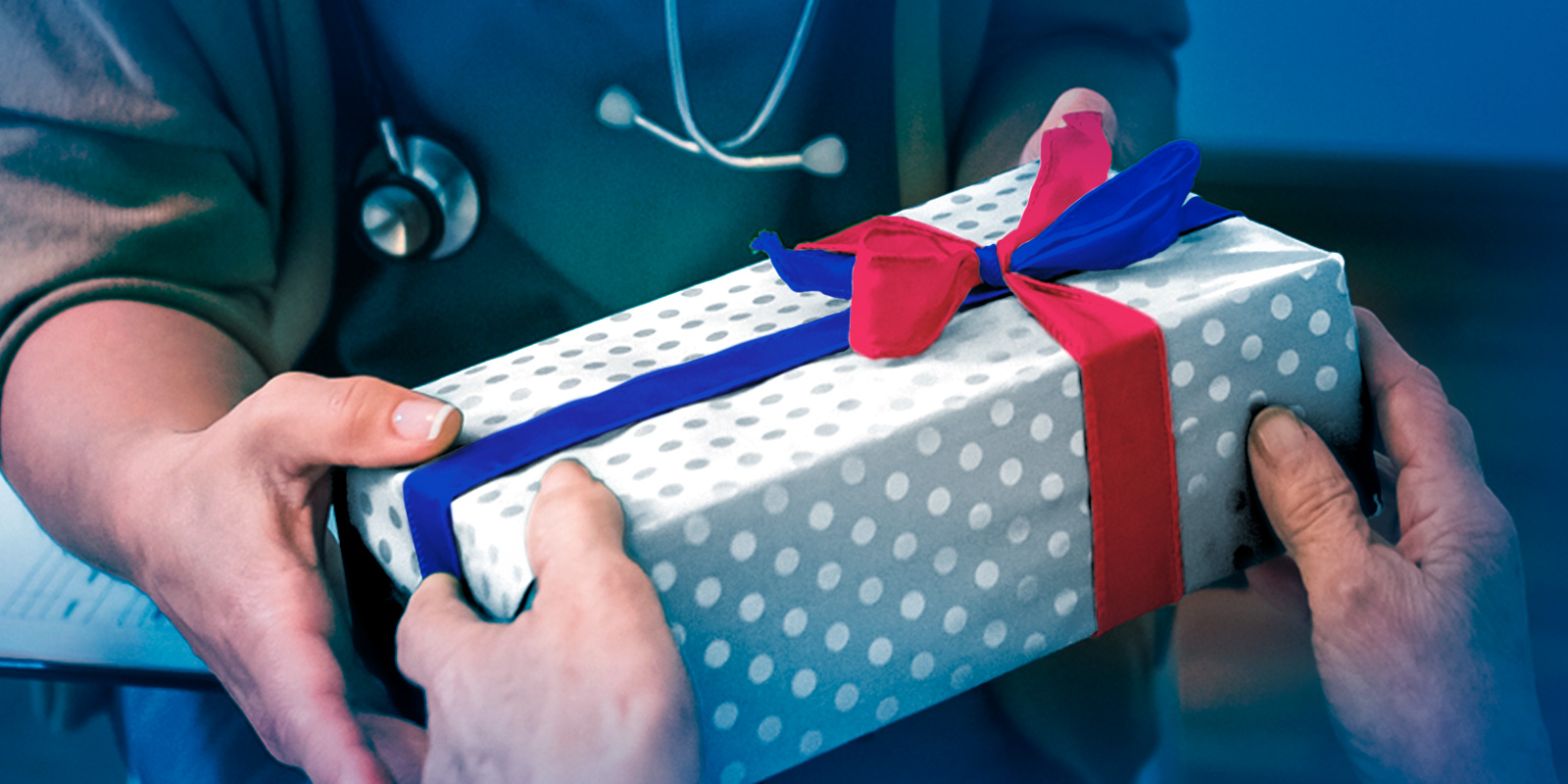
New French Anti-Gift Regime Finally Adopted for the Health Sector
At long last, the new French health care anti-gift regime, modified in 2017, should be applicable as of October 1, 2020, thanks to implementing regulations adopted over the summer.
The French anti-gift regime, which governs benefits provided by health care companies ("HCC") to health care professionals ("HCP"), was modified by the Ordinance 2017-49 of January 19, 2017. However, the adoption of implementing decrees was delayed and recently completed by a Decree dated June 15, 2020, as well as two ministerial orders dated August 7, 2020. Entry into force of the new regime is now scheduled for October 1, 2020.
The new regime will apply to most health sector players: the definition of "HCC" under the anti-gift regime includes providers such as hospitals or biomedical laboratories, as well as manufacturers and marketers of health products such as pharmaceuticals or medical devices. The definition of HCPs includes a wide range of doctors or nurses, medical students, medical associations and civil servants participating to the development of public health policy.
In line with its predecessor, the new anti-gift regime provides for exceptions to the general prohibition for HCCs to provide benefits to HCPs. The novelty of the new system resides in a three category system for exceptions. The first category comprises "negligible" benefits, which may be offered freely, subject to specific cost and amount constraints defined by a first Order of August 7, 2020: e.g. EUR 30 for a meal, limited to two meals with the same HCP per calendar year. The second category includes "non-negligible" benefits which are subject to a declaration system and whose value is higher than category 1 benefits and lower than category 3 benefits. The third category comprises more significant benefits, which are subject to a prior authorization. Declarations and applications for authorization must be filed by the concerned HCC with the professional Board or the Regional Health Agency ARS that are competent to oversee the activities of the HCP. The timeline for the authorization process is detailed by a second Order adopted on August 7, 2020: The procedure can take up to two months, though it may be reduced to three weeks in urgent cases.
In anticipation of the implementation of these new constraints, health care companies should update their anti-gift policies and organize for training of their staff who regularly interact with HCPs, such as sales representatives or clinical/research teams.





